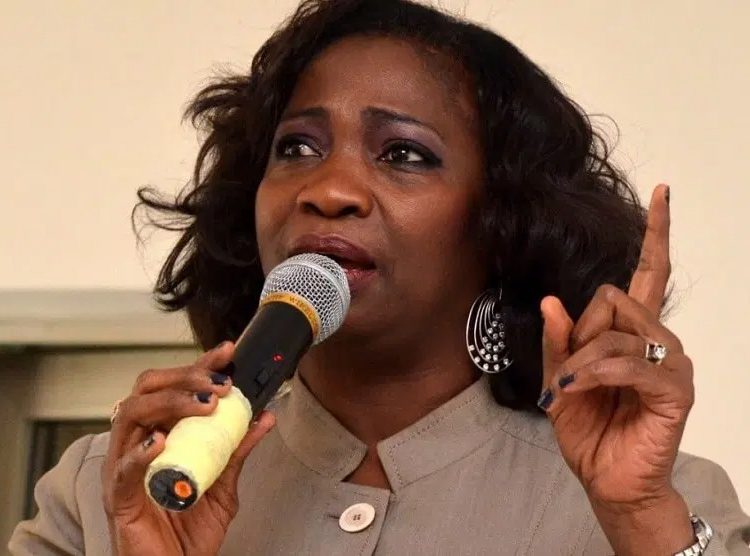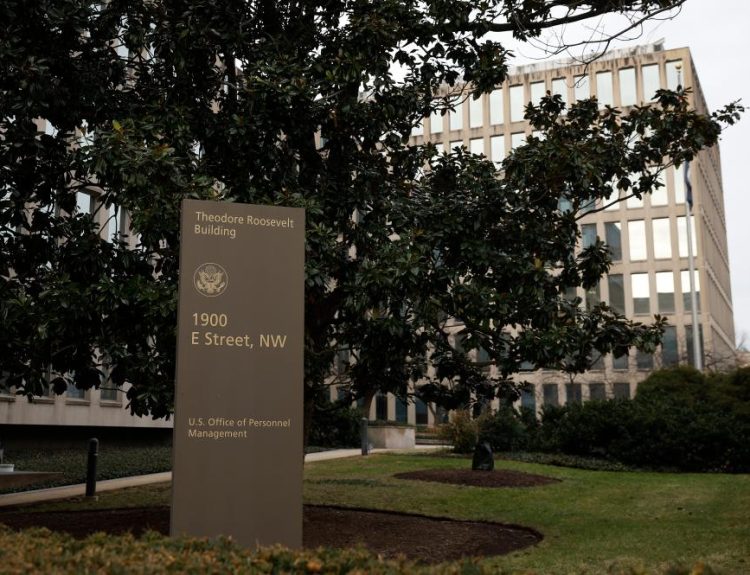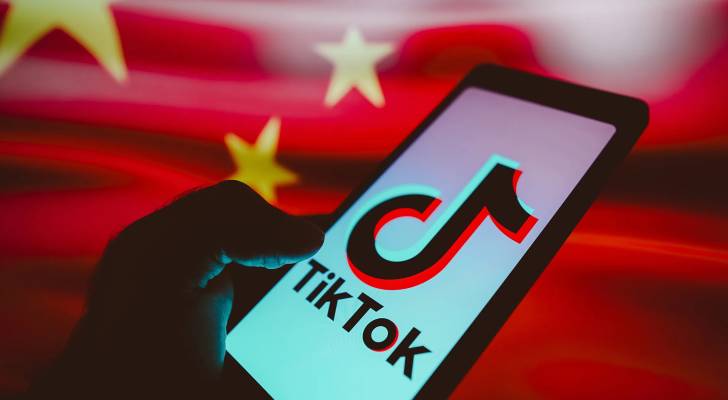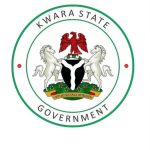Former U.S. President Donald Trump has announced a 14% tariff on Nigerian exports to the United States as part of a broader trade policy aimed at rebalancing global trade.
The move, revealed during a ‘Make America Wealthy Again’ event at the White House Rose Garden on Wednesday, is intended to address what the U.S. describes as unfair trade practices.
The Trump administration justified the decision by pointing out that Nigeria imposes a 27% tariff on U.S. exports, claiming this imbalance has long disadvantaged American businesses and consumers.
In response, the new tariff is aimed at mitigating what the U.S. government perceives as an uneven trade arrangement.
Trump framed the tariff as a key step in protecting American industries and ensuring fair trade, stating, “We will supercharge our domestic industrial base, pry open foreign markets, and break down trade barriers. More production at home will mean stronger competition and lower prices for consumers.”
Beyond Nigeria, the tariff policy includes a broader 10% baseline duty on all U.S. imports and affects over 50 countries, including major economies like China, the EU, India, and Japan. Several African nations are also impacted, with Algeria facing a 30% tariff, Lesotho 50%, Mauritius 40%, and Kenya 10%, among others.
The policy shift has sparked concerns over potential trade tensions and market instability, with analysts warning of a possible global trade war.














